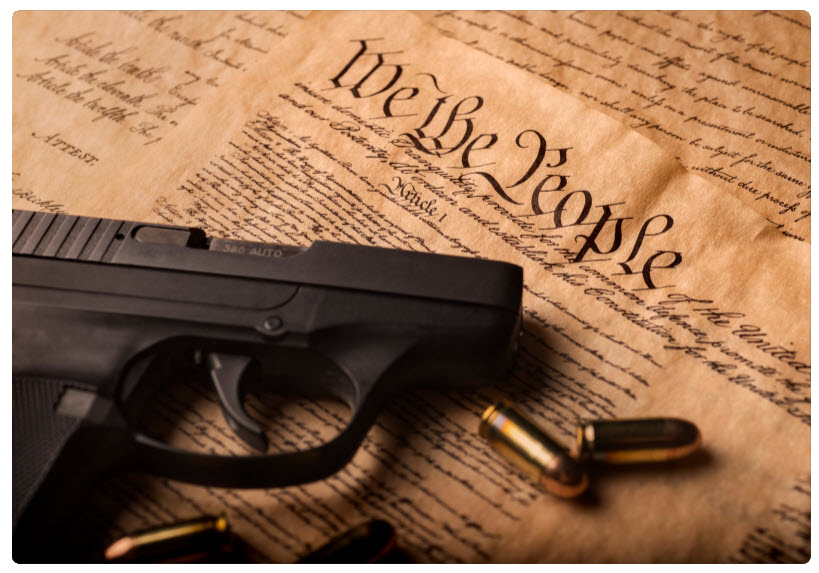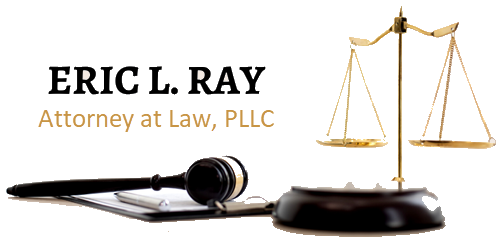“A well-regulated Militia, being necessary to the security of a free state, the right of the people to keep and bear Arms, shall not be infringed.”
The Second Amendment of the United States Constitution is a well-known and often-recited right granted to American citizens by the Bill of Rights. Still, it remains an arena of debate in the legal world. In recent years there have been numerous court cases surrounding the constitutionality of limiting this right.
For example, some cases involve attempts to limit access to firearms for felons or citizens subject to Domestic Violence Orders (DVOs). In these cases, the constitutionality of a law preventing someone from owning a gun is questioned because the Bill of Rights applies to all American citizens.
In its 2022 ruling in the case New York State Rifle & Pistol Ass’n v. Bruen, the Supreme Court of the United States (SCOTUS) established a so-called, “Second Amendment Test.” This test requires that to justify regulation of firearm ownership one must prove the regulation is “consistent with the historical tradition of firearm regulation.” This is impactful because one must now

provide evidence of a similar regulation being in place in the past to justify a modern firearm regulation. The result is that it protects the rights covered under the Second Amendment.
In February, 2023, the U.S. District Court in Lexington heard U.S.A. v. Sherman Kelvin Combs – in which the defendant, Combs, sought to dismiss an indictment charging him with possession of a firearm while subject to a DVO (“Charge 1”) and making a false statement to a federally licensed firearm dealer (“Charge 2”). The court dismissed Charge 1 but not Charge 2 in light of the SCOTUS decision in Bruen. The key issue in this case was whether the Second Amendment Test would apply to Combs and therefore make it illegal to infringe on his right to purchase a firearm while subject to a DVO. And if the Second Amendment Test did apply, would that invalidate Charge 2 – that he made a false statement to a firearms dealer?
The background in this case is that Harrison County Family Court issued a DVO against Combs in 2022. However, a few days later he purchased a .357 Magnum revolver. But when purchasing the gun he did not indicate on the purchase application that he was subject to a DVO. Of course, this would violate the statute that prohibits the sale of a firearm to anyone who is subject to a DVO. Combs argued that the Bruen decision made him eligible to purchase a firearm regardless of the DVO because there was not a sufficient historical narrative preventing people under an order of this type from purchasing a gun. And if that is true, then he did not make a false statement to the firearm dealer.
Ultimately, the District Court dismissed the charge of possession of a firearm while subject to a DVO because the United States Government couldn’t provide sufficient historical evidence of a similar regulation in the past. The government pointed to surety statutes that existed in the mid-19th century that required certain citizens to post a bond before being allowed to carry a gun in public. The Court determined that the small burden of posting a bond was not similar enough to the outright ban, which is applied to modern citizens with an active DVO. As for the second charge, even though Combs should have been legally allowed to purchase a firearm, the Court found that Combs did indeed provide false information to the firearm dealer and therefore did not dismiss that charge.
If you’ve been charged with unlawful possession of a firearm, give me a call. I’d be glad to learn about the specifics of your case to see how we can help you!

Recent Comments